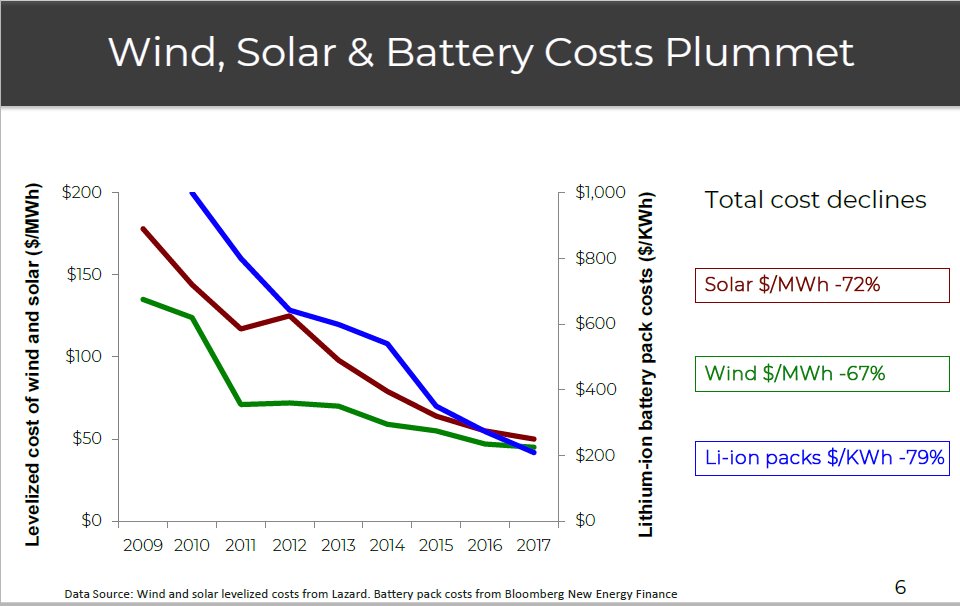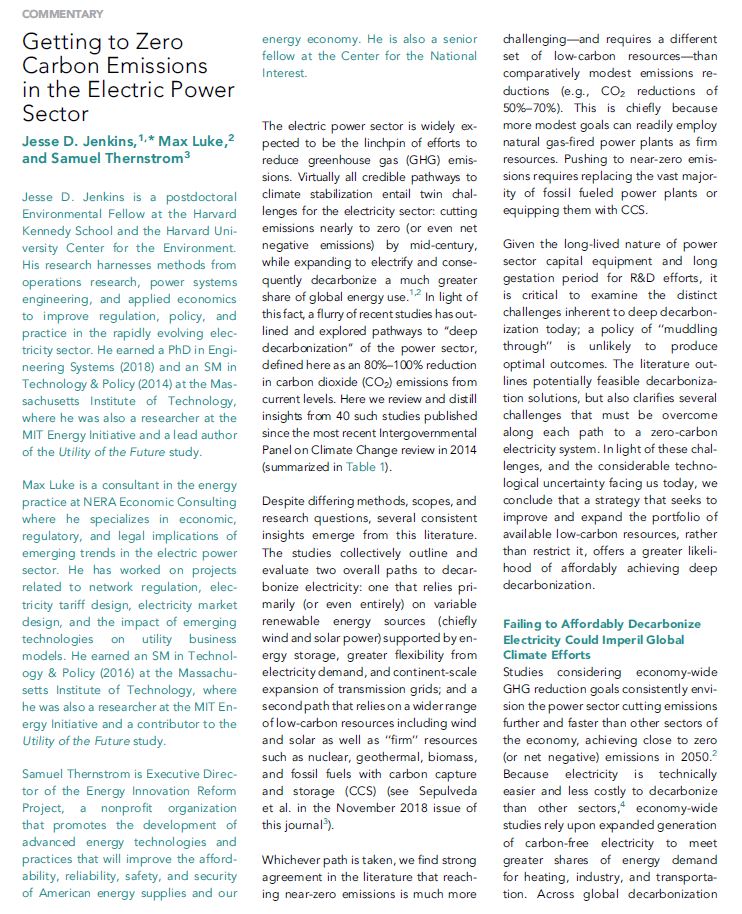A thread on how policy can accelerate the pace of progress towards a low-carbon #energy system commensurate with the threat posed by #climatechange...
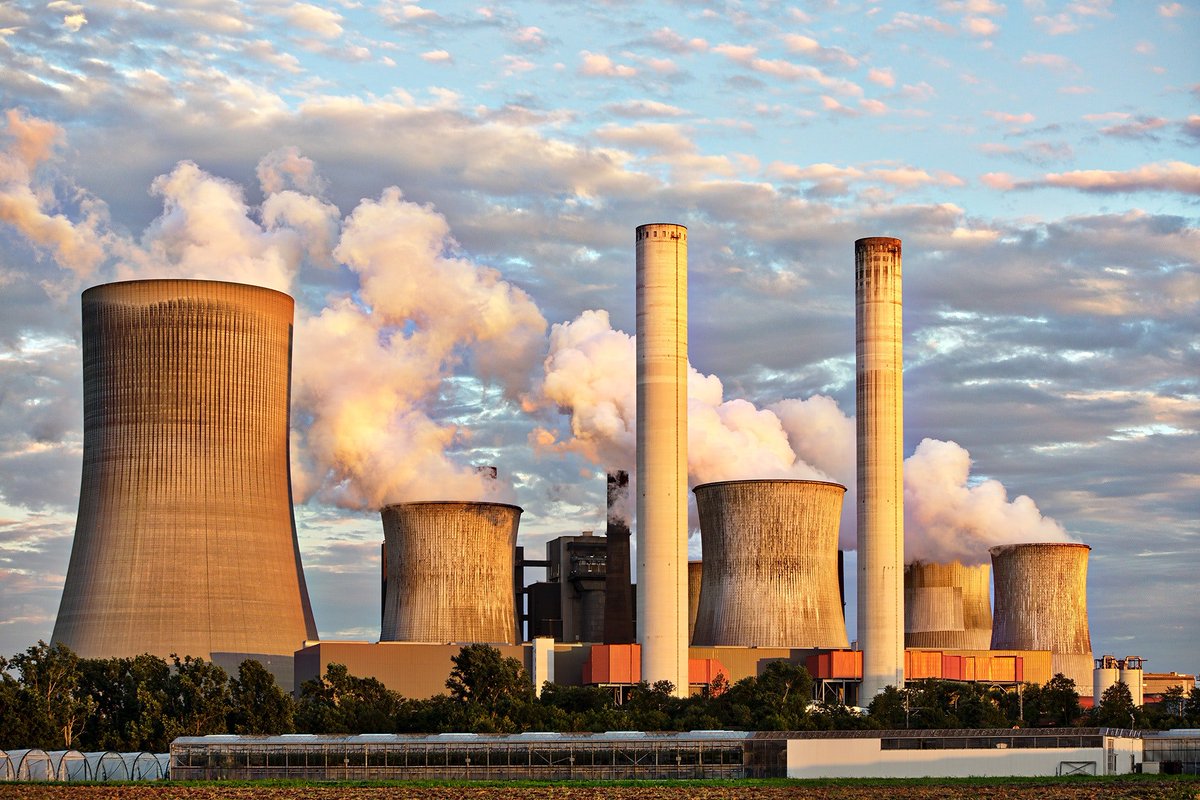
The IPCC report on holding global warming to 1.5°C released Sunday calls for it. A share of the Nobel in Economics was awarded to William Nordhaus this week for championing it. It's arguably the most efficient and powerful climate policy available.
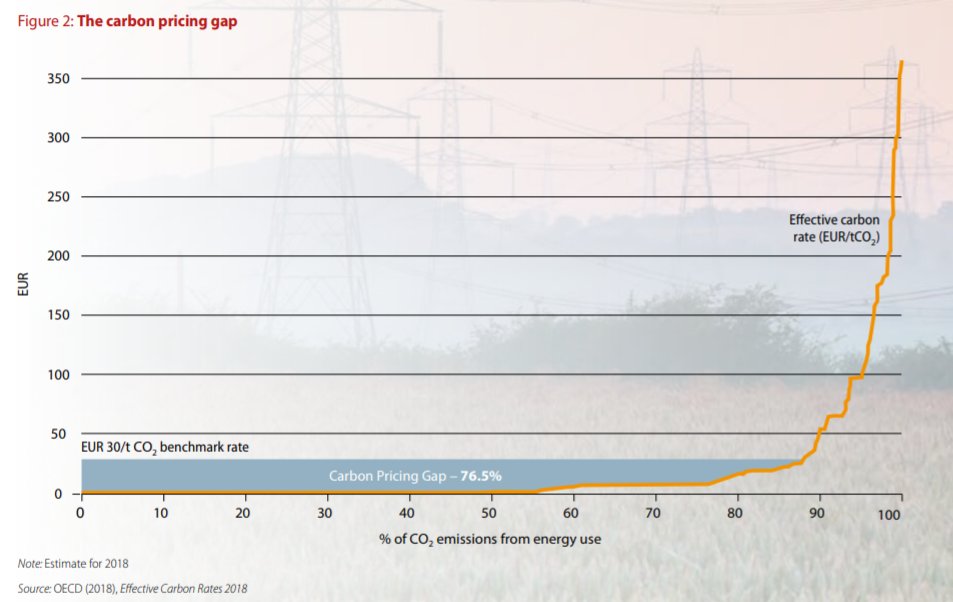
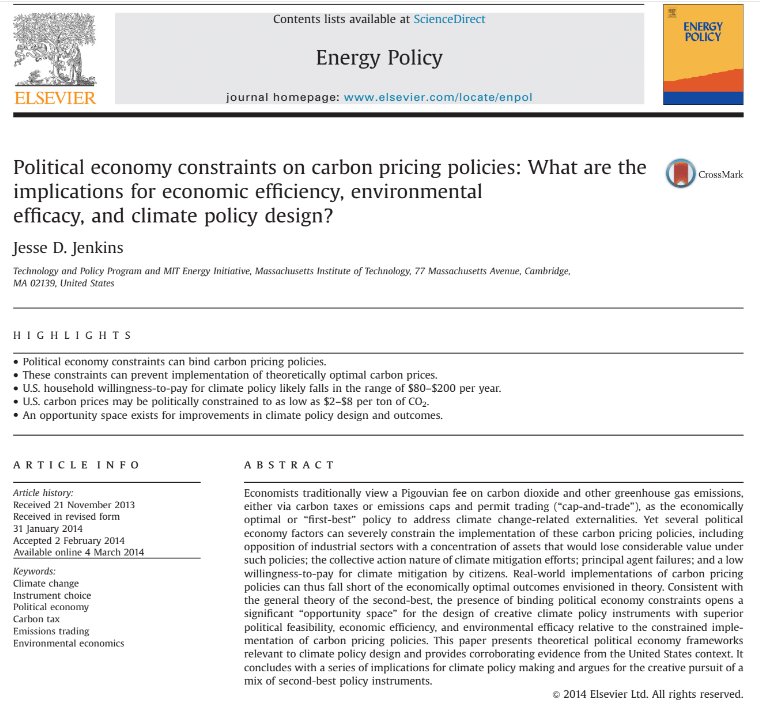
As an economist might say (see rodrik.typepad.com/dani_rodriks_w…), we live in a "second best" world.
I discuss this in depth in two previous papers (here bit.ly/PoliticalConst… & here wider.unu.edu/publication/ca…) and summarize the key argument below...
I'll keep this updated, so if you have suggestions, please message me.


